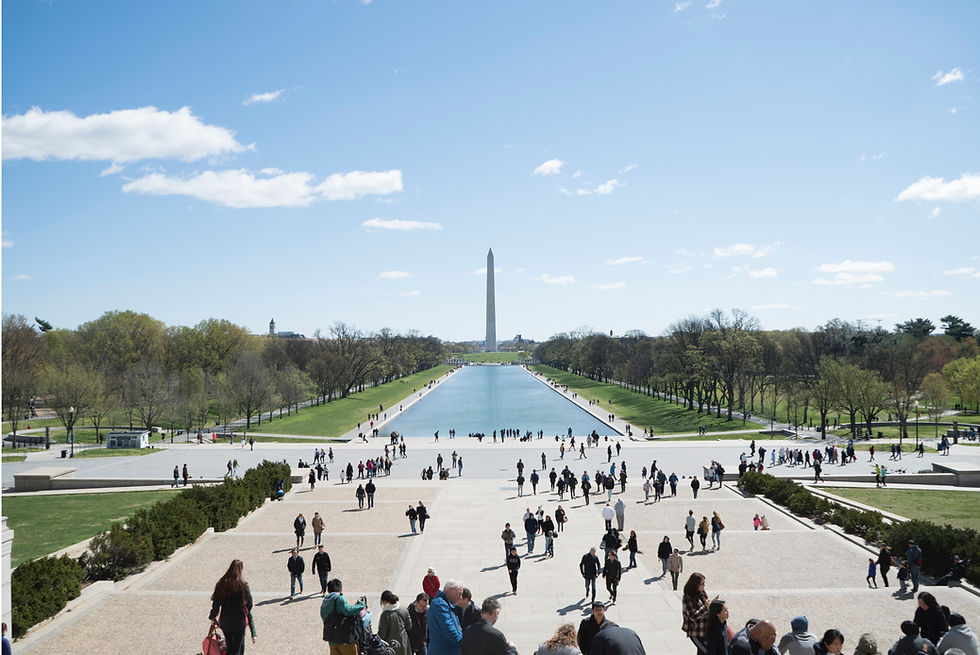Key Takeaways:
President Joe Biden announced that he is withdrawing as the Democratic nominee for president.
Vice President Kamala Harris will almost certainly become the party’s 2024 Presidential nominee.
This event will highly likely create new opportunities for Democrats to increase fundraising and launch new campaign initiatives in the key swing states.
The run-up to the Democratic National Convention in August is now projected to garner significant media attention as Democrats select not only their presidential candidate but a vice-presidential candidate and adjust their election strategy accordingly.

Early in the afternoon of 21 July, President Joe Biden announced that he would not seek reelection. In a letter released to the public, Biden detailed the accomplishments of his first and now only term in office and wrote: “While it has been my intention to seek reelection, I believe it is in the best interest of my party and the country for me to stand down and focus solely on fulfilling my duties as President for the remainder of my term”.
Biden also endorsed Vice President Kamala Harris as the Democratic Party’s nominee. Currently, she holds enough delegates to secure the nomination. In polling conducted before Biden withdrew, Kamala Harris had an advantage over Biden in swing states like Pennsylvania, where she trailed Trump by only one percentage point (48% to 47%). Harris also led Trump 49% to 44% in Virginia (one point higher than Biden). Recent national polling is split between Harris and Trump; FiveThirtyEight records Harris trailing Trump by two points, while a recent IPSOS poll shows Harris leading Trump 44% to 42%.
Moreover, Harris has a slim advantage in the polls over Biden among black and young voters, groups with which Biden has historically polled lower. However, Americans generally have a negative view of Harris, with 51% disapproving and 38% approving. These dynamics are likely to shift as the selection process continues.
Looking forward:
KSG assesses that Biden’s withdrawal from the Presidential race and the almost certainty of Kamala Harris’ nomination as the Democratic candidate is highly likely to engender changes in polling and thereby shift Democratic campaign strategy. Further clarity on exactly how Democratic strategy will shift is likely to emerge once the latest polling data from key swing states is released, as Democrat strategists are likely to focus resources and tailor messaging towards these states to secure an electoral victory in November.
Following Biden’s decision not to seek reelection, the Democrats are likely to continue to receive new funding from donors, many of whom were sceptical of funding the Biden campaign due to concerns over his fitness for office. Democrat campaigners and supporters will likely be re-invigorated by a candidate who is more likely to defeat Trump in November without concerns over their physical fitness.
Harris’s nomination is unlikely to shift the support of some outspoken conservative leaders in Silicon Valley for Trump and J.D. Vance back to the Democratic Party. Some prominent business leaders view Biden’s policies as hostile to the tech industry. As Vice President in the current administration, Harris is likely to be viewed similarly to Biden in this regard. Harris would need to take strong pro-business positions to shift conservative tech CEOs’ support back to the Democrats. Harris is unlikely to make such policy changes as most tech leaders support Democratic candidates already and, by extension, are likely to support Harris.
KSG assesses that the lead-up to and the Democratic National Convention itself is highly likely to become an important event for Democrats. Democrats must nominate a Presidential candidate and Vice President, which they are likely to do in early August, before the convention starts in order to avoid potential legal issues. The outcome of this decision has important implications for the future of the Democratic Party as it may indicate the political direction in which Democrats will attempt to move the party in preparation for the next two presidential elections.
The rhetorical dynamic between the Trump-Vance ticket and Democrats is unlikely to change significantly. Although Biden has withdrawn from the race, Trump and Republican proxies are likely to continue to attack him and his record. KSG anticipates that it is likely that Trump and Vance will continue this strategy regardless of who is selected to be the Democratic nominee.
By Joel Battle, Head of Analysis for North America
